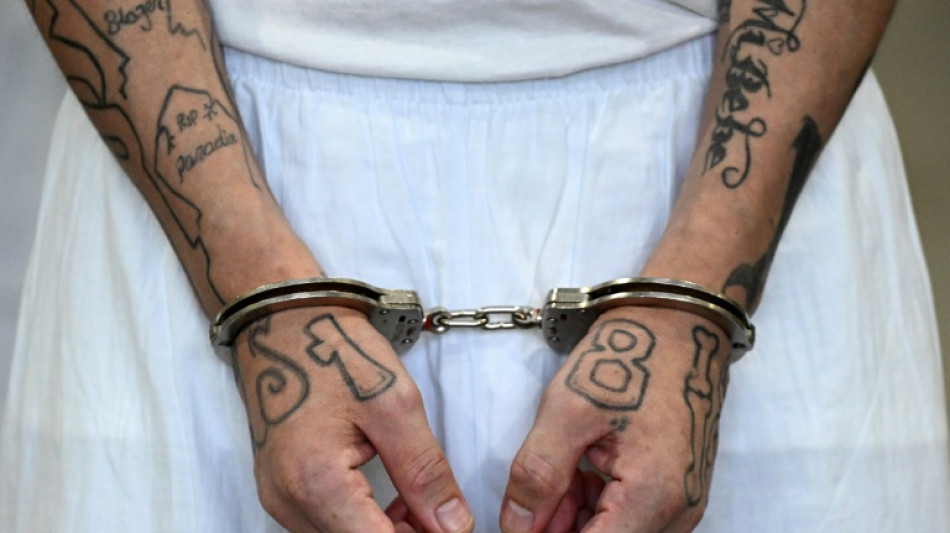

US judge says 'probable cause' to hold govt in contempt over deportations
A US federal judge said Wednesday he had found "probable cause" to hold President Donald Trump's administration in contempt in a deportation case, raising the stakes in the White House's confrontation with the US justice system.
The ruling refers to District Judge James Boasberg's temporary restraining order of March 15 to halt deportations carried out under an obscure wartime law, the 1798 Alien Enemies Act.
That order was issued as the government was flying more than 200 alleged Venezuelan gang members to El Salvador, where those expelled were incarcerated in a maximum security prison.
In a written opinion, District Judge Boasberg cited evidence that the government had engaged in "deliberate or reckless disregard" of his order.
"Defendants provide no convincing reason to avoid the conclusion that appears obvious... that they deliberately flouted this Court's written Order and, separately, its oral command that explicitly delineated what compliance entailed," he wrote.
The administration's actions were "sufficient for the court to conclude that probable cause exists to find the government in criminal contempt," Boasberg wrote.
The judge said the government would be offered a final chance to "purge such contempt" or face further court action.
Since his return to the White House in January, Trump has flirted with open defiance of the judiciary following setbacks to his right-wing agenda, with deportation cases taking center stage.
In invoking the Alien Enemies Act -- which had only been used previously during the War of 1812, World War I and World War II -- Trump said he was targeting transnational gangs he had declared foreign terrorist organizations.
That included the Venezuelan group Tren de Aragua, but lawyers for several of the deported Venezuelans have said that their clients were not gang members, had committed no crimes and were targeted largely on the basis of their tattoos.
The administration is also under fire over its admission that Kilmar Abrego Garcia, who was living in the eastern state of Maryland and married to a US citizen, was deported to a notorious prison in El Salvador due to an "administrative error."
A judge has ordered Trump to "facilitate" his return, an order upheld by the Supreme Court, but his government has said the court did not have the authority to order it to have him returned.
Trump has alleged that Abrego Garcia is "an MS-13 Gang Member and Foreign Terrorist from El Salvador," while Press Secretary Karoline Leavitt claimed that he was "engaged in human trafficking."
The Republican president has criticized rulings that curb his policies and power, and attacked the judges who issued them, including Boasberg.
Trump has also moved to settle scores with law firms that represented his political foes in the past or helped bring him to court on civil or criminal charges.
C.Keone--HStB






